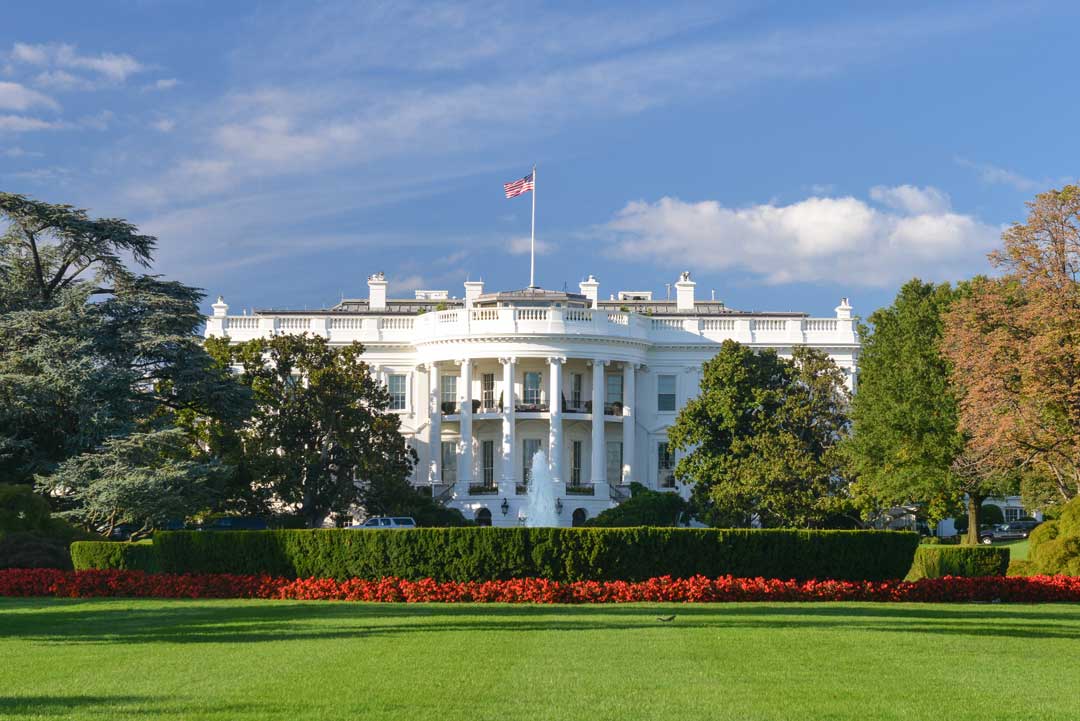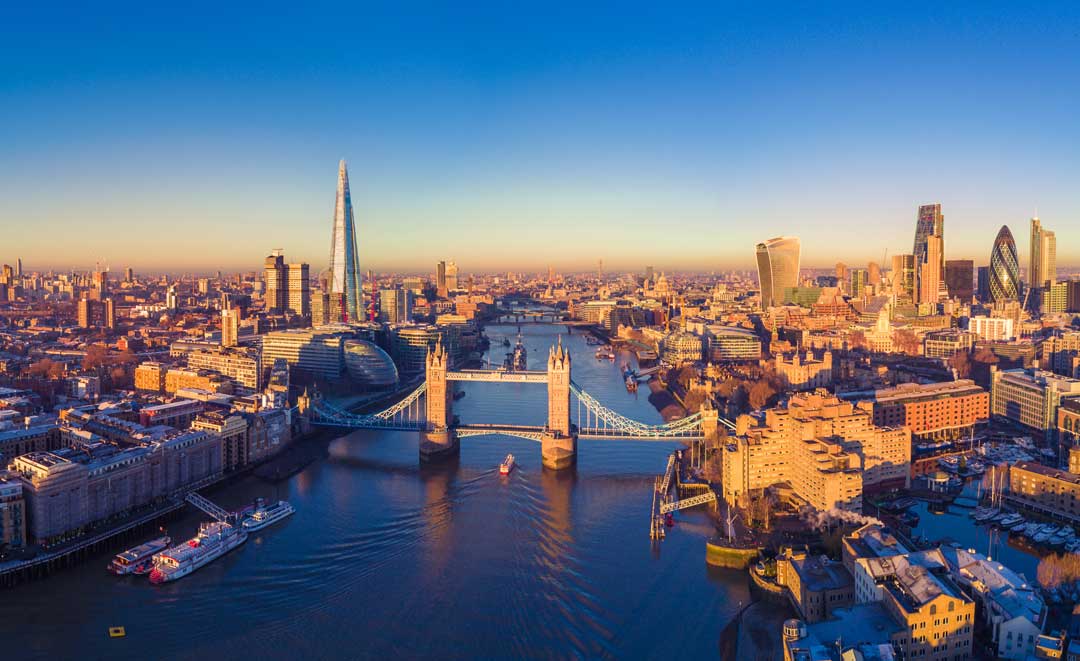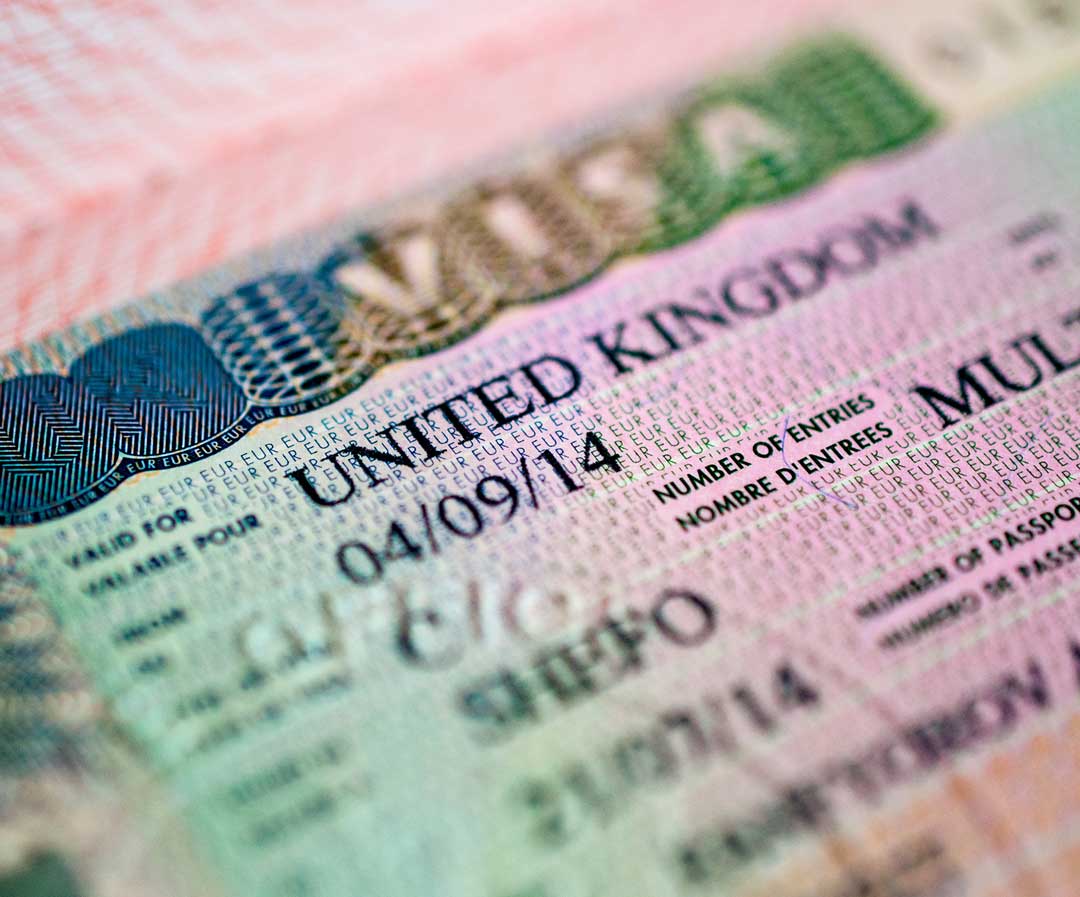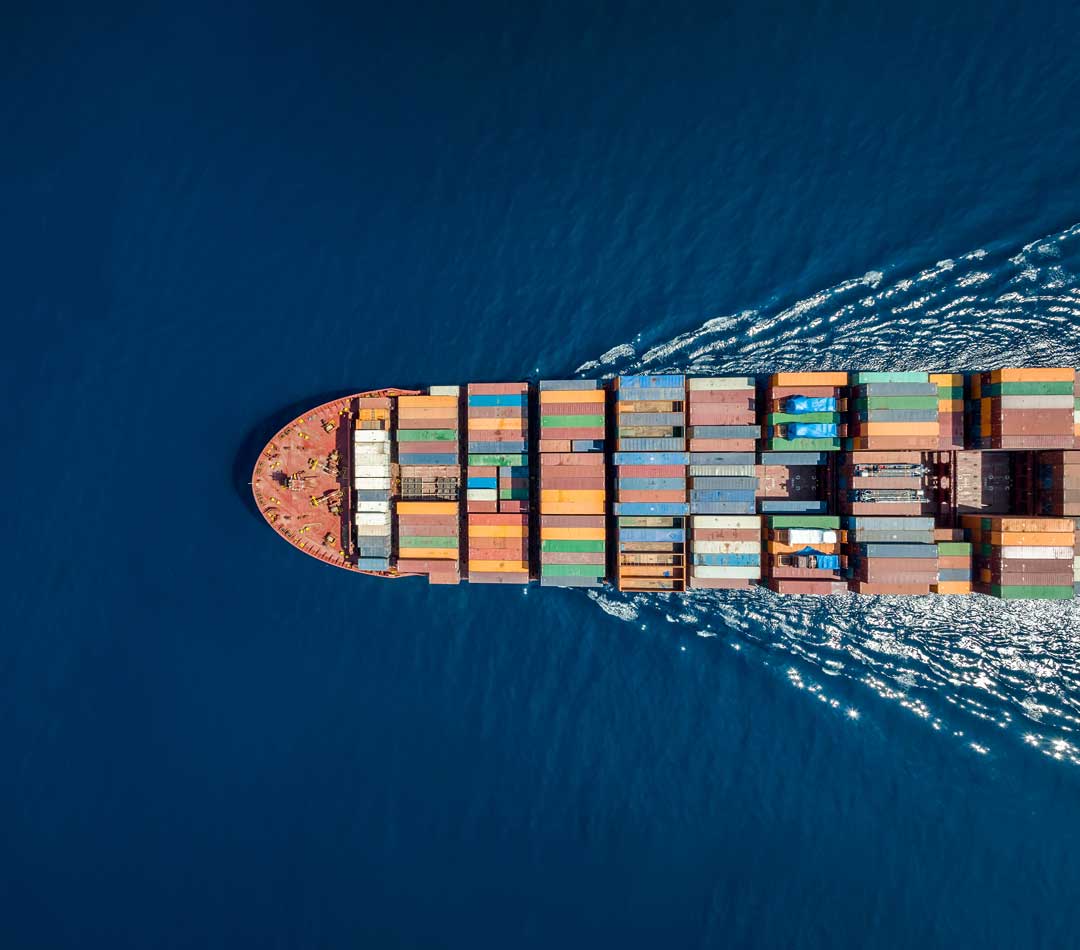Welcome to K2’s second collection of updates and insights for 2025! As we approach the end of another busy quarter for our industry, we conclude by sharing information on several key pieces of legislation in the UK and the US, and on the continuing impact of a number of situations within the world of international shipping.

Immigration
USA
On 9th June 2025, President Donald Trump announced a new travel ban which restricts the entry of certain foreign nationals into the US, from 12 countries and imposing partial restrictions on seven others, citing national security concerns and inadequate vetting procedures.
Entry is fully suspended for nationals from:
- Afghanistan
- Burma
- Chad
- Republic of Congo
- Equatorial Guinea
- Eritrea
- Haiti
- Iran
- Libya
- Somalia
- Sudan
- Yemen
Significant restrictions apply to nationals from:
- Burundi
- Cuba
- Laos
- Syria
- Togo
- Turkmenistan
- Venezuela
The following groups are not affected by the ban:
- US lawful permanent residents (Green Card holders)
- Dual nationals traveling on a non-listed country’s passport
- Certain diplomatic and official visa holders (A, C, G, NATO classes)
- Athletes, coaches and support staff traveling for major sporting events (e.g. the Olympics or the World Cup)
- Immediate family immigrant visas with clear proof of relationship
- Adoptees (specific visa categories)
- Afghan and US government special immigrant visa holders
- Holders of immigrant visas for persecuted minorities in Iran
- Individuals granted asylum, refugee status, or other humanitarian protections

UK
The government recently announced plans to reduce net migration by overhauling the immigration process: specifically, transitioning the UK to a contribution- and skills-focused model. Implementation will be done via a phased approach, which is expected to commence during the latter part of this year.
The changes that the new model will involve are as follows:
Skilled Worker Visa:
- Skill Level: The role itself must be RQF Level 6 (equivalent to degree-level), but applicants do not need to hold a degree if they meet the skill and salary criteria for the role. The Immigration Salary List, which gives people discounts from salary thresholds, will be abolished.
- Sector Prioritisation: Employers in high-need sectors (e.g. healthcare, engineering etc.) may continue to access overseas talent, but must demonstrate meaningful domestic recruitment and training efforts in order to retain sponsorship rights.
- Minimum salary thresholds will increase.
- Immigration Skills Charge (ISC) will increase by 32%.
- English Language Requirement, which is currently Level B1, will increase to B2 Level.
Restrictions on Dependants:
- Automatic rights for care workers who bring dependants with them will be removed or limited, with access becoming sector- and salary-dependent.
- Dependants will be required to demonstrate basic proficiency in the English language – CEFR A2 or higher.
Global Business Mobility (GBM) Route:
- Tighter sponsorship and eligibility criteria:
– Stronger evidence of genuine business need and intra-corporate connections
– Strategic alignment with UK economic priorities
– Adherence to higher salary thresholds and stricter job role justifications - Limited duration: GBM visas will be time-limited, focussed on addressing only short-term needs – the emphasis will be on knowledge transfer rather than on long-term migration.
Indefinite Leave to Remain (ILR):
- Standard Residency period increased: The 5-year route to ILR will increase to 10 years, with the government pushing for more rigorous checks on contribution and integration before granting settlement.
- No Automatic Settlement: Applicants must demonstrate sustained employment, tax contribution, and strong proficiency in English. There will be stricter assessments of integration and societal contribution.
Graduate Visa Route:
- Duration reduced: The Graduate Visa will be reduced from 2 years to 18 months, affecting post-study work options for international students.
British Citizenship:
- While no firm policy has been confirmed, changes are expected to align with the reformed ILR system and include:
– Increased residence time ahead of becoming eligible (10 years expected)
– Enhanced English and civic knowledge testing
– Stronger emphasis on demonstrable contribution to UK society

What this means for Sponsors
These changes represent one of the most significant shifts in UK immigration in recent history. Sponsors should:
- Review and adjust recruitment strategies
- Anticipate increased visa and surcharge costs
- Plan for changes in dependants’ eligibility
- Reassess graduate hiring and talent pipelines
Indonesia
The country’s visa and immigration process has been impacted by the increased volume of foreign workers and investors moving into the country – delays should be anticipated.

Shipping
Brazil
The Customs Auditors of the Brazilian Customs Service are currently on a partial strike. This is causing noticeable clearance delays, especially for import shipments that are being routed through the Red Channel. Currently, brokers are estimating delays of around 30 days for Red Channel shipments.
There are two main types of customs inspection in Brazil:
- Green Channel: The system automatically clears the shipment after a scanner verification, with no human intervention required.
- Red Channel: The system and the scanner flag the shipment as requiring physical inspection by a Customs Auditor before clearance.
Which channel a shipment is processed through is determined ‘randomly’ by the customs system, with reference to the following key criteria:
- Origin and destination of the shipment
- Packing list and documents
- Reputation of the moving company
- Timing of the submission of documents to Customs
Argentina
The country has experienced several Customs strikes over the past three months, prompted by the government reforms within the public sector which involve structural changes, a reorganisation of public offices, and the non-renewal of many contracts. As a result of the strikes, there are continuing delays in the clearance process, both at the documentation approval stage and during physical inspections at bonded warehouses.
K2’s partners are monitoring developments daily. They are hopeful that they will soon start seeing a reduction in the delays; however, should this not transpire, they warn of a potential shortage of vessels as we head through the busy months of June and July.
Indonesia
There is currently a high volume of containers at the Port of Palembang and the ports in Sumatra. Consequently, customs clearance is taking longer than usual – 21 days on average – and moving crews have a very tight schedule for packing and delivery.
The Red Sea and the Suez Canal
- The ongoing situation in the Red Sea and the Suez Canal continues to impact shipping in the following key ways:
- Longer routes – via the Cape of Good Hope
- Low container availability
- Increased rates – freight, bunker, special levies, fuel surcharges – and increased marine insurance premiums.
- Increased transit times. In some instances, transit times have doubled.
- Deliveries to some ports have been terminated
- Some ports have been excluded from routes
- Congestion at transshipment ports due to equipment availability
- Increased traffic at main ports due to rerouted vessels causing congestion as well as challenges due to infrastructure limitations
- Some shipping lines cancelling routings to certain ports whilst shipments are underway
South Africa
Ongoing threats of port strikes are causing congestion and vessel berthing delays, leading to extended lead times for both imports and exports. These are currently only slight extensions: Cape Town up to around 5 days, Durban around 2 – 3 days, and Port Elizabeth around 3 days. These delays are primarily driven by labour disputes involving Transnet and the United National Transport Union (UNTU) – negotiations are ongoing.
Look out for Part II of K2’s Global Mobility Insights for June, which will be published on Friday 20th June.

